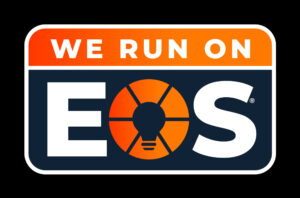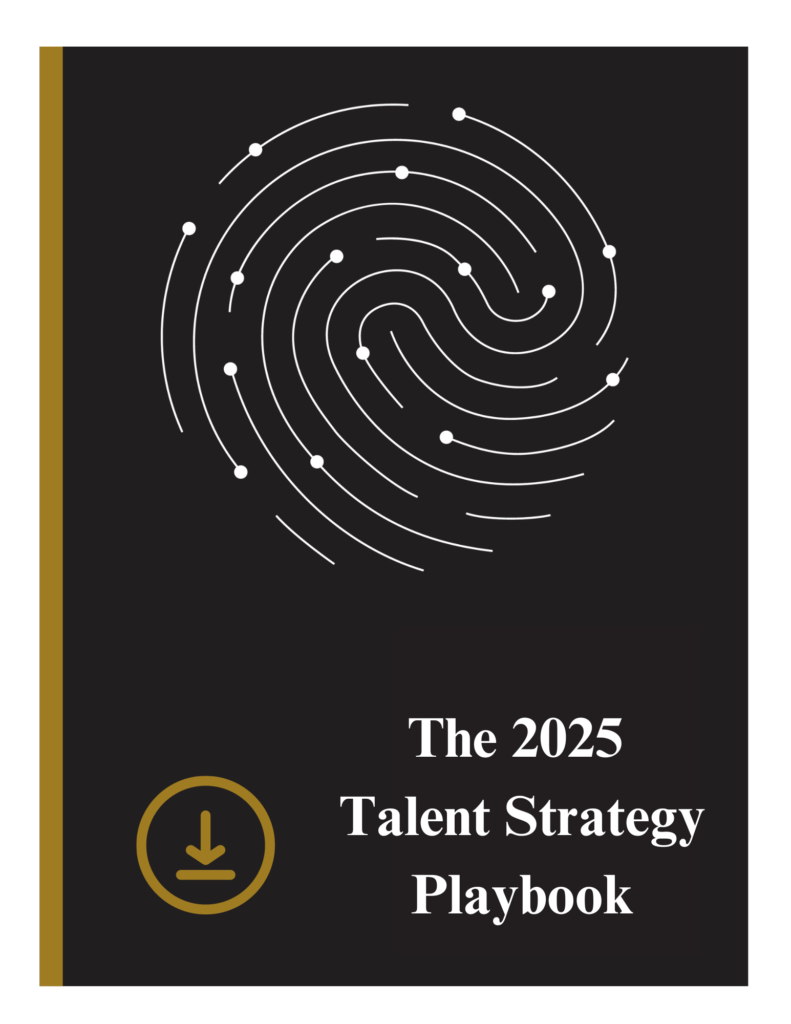As a CEO, one of the most important decisions you’ll make is who to hire as a leader. Whether you’re looking for a C-level executive, a department head or a team leader, it’s vital to find someone with the right set of skills, experience, and attitude to take your organization to the next level.
Developing criteria for evaluating leadership candidates can be a difficult task. With so many variables to consider, it’s important to have a process in place to help you assess the suitability of each applicant. Here are some key points to consider when building criteria for evaluating leadership candidates:
Experience
It’s important to assess a candidate’s past experience and how it relates to the role they’re applying for. Consider the types of organizations they’ve worked for in the past, the roles they’ve held, and the challenges they’ve faced.
Skills
A strong leader requires a diverse set of skills. Look for candidates who have the necessary technical skills, but also the interpersonal skills to effectively manage and motivate their team.
Vision
A successful leader needs to have a clear vision for the future of the organization. Look for candidates who demonstrate a passion for the company’s mission and have a clear idea of how they’d like to see it evolve.
Adaptability
The ability to adapt to changing circumstances is a key leadership skill. Consider how a candidate has handled unexpected situations in the past and how they’d approach similar challenges in the future.
Analytical Thinking
Leaders need to be able to make decisions based on data and analysis. Assess a candidate’s ability to think critically and make informed decisions.
Cultural Fit
It’s important to ensure that a candidate will fit in with the existing culture of the organization. Consider how they’d interact with their team, other departments, and senior management.
A resume only tells so much of the story, and there are a lot more elements to a person that determines their success in a role and a company. By taking the time to develop criteria for evaluating leadership candidates, you’ll be able to make more informed decisions about who to hire. This will help ensure that you find the right person for the job and that your organization continues to thrive.
Want to learn how to incorporate the Head, Heart, and Briefcase into your own hiring process? We are here to help.



















